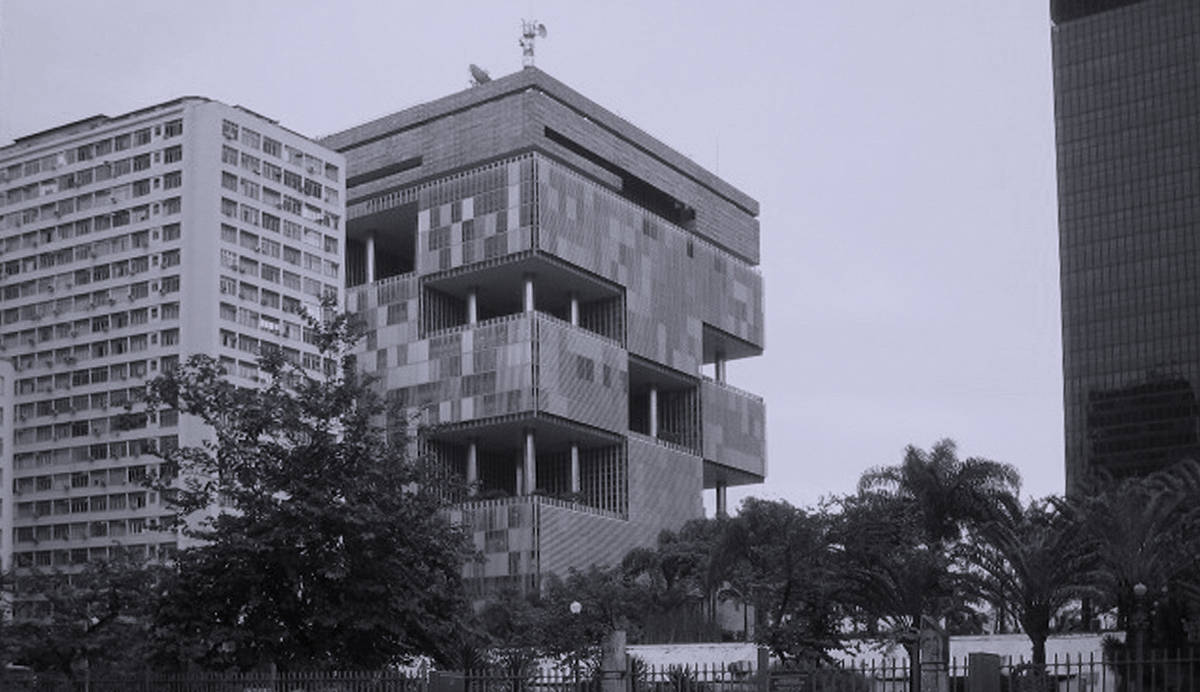The Federal Police Operation that uncovered bribes to politicians and a cartel of gigantic construction companies goes much beyond corruption at Brasil’s state-oil Petrobras. Although most of the implicated belong in the ruling coalition of President Dilma Rousseff, the investigations hit all political parties that had power in Congress since the year 2000. When the 2018 elections come, there will be even more discredit to anyone in Brasilia and to already troubled and messy political parties — bear in mind this is the most well documented corruption case in the country’s history, amounting to billions of dollars. With corporate officials in jail, difficulties in financing campaigns will surely come. And that can give leeway to rich mavericks and populists of all sorts.
Brazilian political parties have always been dependent on constructors. Even in the military rule (1964-1985), when there were no scandals because there was no free press, some of the same groups now investigated were already cozy with the Executive and the make-believe Legislative. Of course some of those bribed just wanted some personal gain. But much of that money was actually used by political chiefs to start their own parties and get more leverage with the Executive. Most of those parties are not bond by ideology. They aren’t even a proper organization — they gather groups of interest that, for one reason or another, are close to a leader. The two exceptions are the ruling PT and the opposition PSDB, despite colossal flaws in both.
Even though they still have Brasil’s most popular leader, Luiz Inácio Lula da Silva, and the reelected president, PT are in trouble for the next years since they are the most deeply involved party in the Petrobras scandal — a scandal that is much more far-reaching than the 2005 kickbacks for political support case. Opposition’s PSDB is not much better: they lost the presidential elections and still managed to be affected by the accusations. If those two parties face the predictable difficulties in financing, controversial newcomers that now are filtered out of the system could have a chance in the next elections. The more mainstream and popular politicians are taken to the Supreme Court, and there will be many if the documents hold in court, the more likely a defeat for both.
No doubt the investigations are essential to make Brasil less corrupted and could be a gigantic step to transform the country into a more serious one. History was made just for the fact corporate leaders that bribed officials are now in jail — previous opportunities were wasted. Some even compare them to Italy’s famous “Clean Hands” operation. But Brasil’s political system needs to come up with an answer that makes financing less corruption-prone at the same time it gives some credibility to political parties. The June 2013 protests already showed that average Brazilians were sick of them and the rejection to both PT and PSDB made environmentalist Marina Silva jump in the polls — she could have been in the run-off if she hadn’t made so many mistakes herself.
The risks to the political system will be seen as soon as Justice informs which politicians were definitely involved. It is mandatory those cases go to the Supreme Court. The investigations might not touch Rousseff personally, but she will definitely face chaos in her party and in Congress. That will leave her with a tough choice to make: either go for a legacy and bypass the Legislative to make a modest political reform or just accept she has little mandate after the tight victory in October and hope for the best. Neither are very appealing to a technocrat that believes talking to politicians is a waste of time.
The first is a choice for a legacy — and that will depend on grueling negotiations she doesn’t seem cut out for. The second is not as reckless as some would believe: when the mensalão scandal came out there were various reports hinting that about 300 congressmen were involved in the scheme. In the end, a few resigned and only three lost their mandate. It could be the same this time around, with party, congress and some corporate leaders taking the fall.
Stakes are high since the Petrobras scandal came out, but frustration could be right around the corner if there is no care to what happens after accusations are all on the table. 2018 has already begun.
This article was originally published on Mauricio Savarese’s blog A Brazilian Operating in This Area

